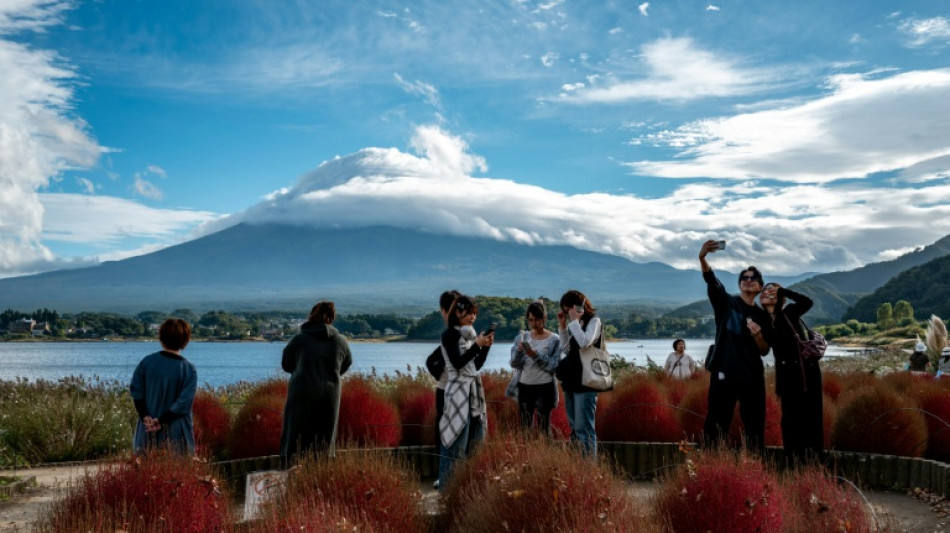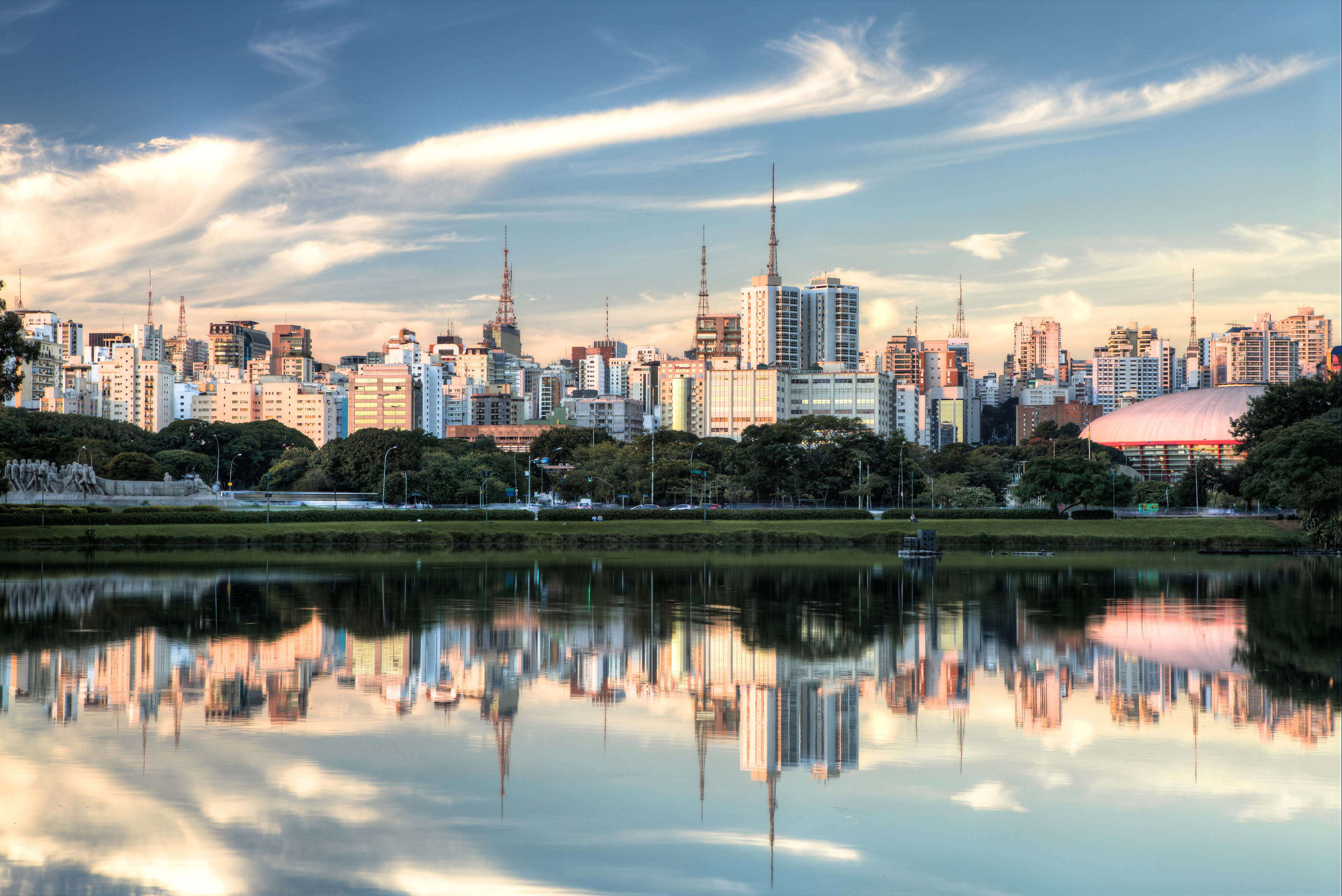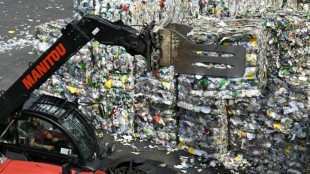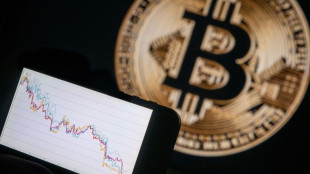

Japan-China spat sinks tourism stocks
Japanese tourism and retail shares fell sharply on Monday after China warned its citizens to avoid travelling to the East Asian country in a spat over comments by Prime Minister Sanae Takaichi about Taiwan.
China and Japan's long-testy ties have spiralled further this month after Takaichi suggested that Tokyo could intervene militarily in any emergency in the self-ruled island.
Asia's two biggest economies are closely entwined, with China the biggest source of tourists to Japan, with almost 7.5 million in the first nine months of 2025, according to the Japan national tourism bureau.
In the third quarter, they spent 590 billion yen ($3.8 billion), accounting for about 28 percent of all spending by international tourists, transport ministry data shows.
Shares in cosmetics form Shiseido dived almost nine percent, department store group Takashimaya by over six percent, and Uniqlo owner Fast Retailing by close to six percent on Monday. Japan Airlines fell 3.9 percent.
- Hawk -
Before taking power last month, Takaichi, an acolyte of ex-premier Shinzo Abe, was a vocal critic of China and its military build-up in the Asia-Pacific.
Her comments on November 7 were widely interpreted as implying that an attack on Taiwan, which is just some 100 kilometres (60 miles) from the nearest Japanese island, could warrant Tokyo's military support.
If a Taiwan emergency entails "battleships and the use of force, then that could constitute a situation threatening the survival (of Japan), any way you slice it," Takaichi, 64, told parliament.
Japan's self-imposed rules say that it can only act militarily under certain conditions, including an existential threat.
The comments came just days after Takaichi met Chinese President Xi Jinping for an apparently cordial first meeting on the sidelines of an APEC summit in South Korea.
Takaichi, who has visited Taiwan in the past and called for closer cooperation, also met separately with Taipei's representative at the summit.
China and Japan last week summoned each other's ambassadors, with Beijing then advising its citizens to avoid travelling to Japan.
In a now-removed post on X, the Chinese consul general in Osaka Xue Jian threatened to "cut off that dirty neck", apparently referring to Takaichi.
Beijing insists Taiwan, which Japan occupied for decades until 1945, is part of its territory and has not ruled out the use of force to seize control.
Japanese media reports said that the top official in the foreign ministry for Asia-Pacific affairs headed to China on Monday.
Masaaki Kanai, director general of the Asian and Oceanian Affairs Bureau at the ministry, was due to hold talks with his Chinese counterpart Liu Jinsong, the reports said.
Kanai was expected to reiterate Japan's position that Takaichi's remarks do not change Japan's traditional position and also lodge a protest over the Chinese diplomat's social media posts, they added.
- Economic hit -
The diplomatic spat was further bad news for Japan's economy, which shrank by 0.4 percent in the third quarter, official data showed on Monday.
Marcel Thieliant at Capital Economics warned that current tensions with China risked escalating "into a full-blown trade spat" similar to a previous spat in the early 2010s.
"There are several avenues through which this could play out, but the biggest risk is that China restricts exports of rare earths or imposes restrictions on Japanese exports," Thieliant said before the GDP release.
"Carmakers look particularly vulnerable as they are already under enormous pressure from the ascent of Chinese electric vehicle manufacturers," he added.
B.Hurtado--BT




